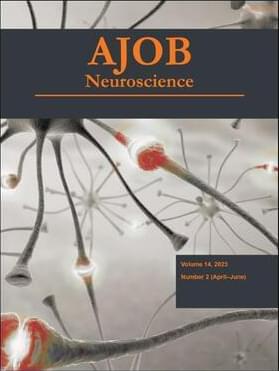Human cerebral organoids are three-dimensional biological cultures grown in the laboratory to mimic as closely as possible the cellular composition, structure, and function of the corresponding organ, the brain. For now, cerebral organoids lack blood vessels and other characteristics of the human brain, but are also capable of having coordinated electrical activity. They have been usefully employed for the study of several diseases and the development of the nervous system in unprecedented ways. Research on human cerebral organoids is proceeding at a very fast pace and their complexity is bound to improve. This raises the question of whether cerebral organoids will also be able to develop the unique feature of the human brain, consciousness. If this is the case, some ethical issues would arise. In this article, we discuss the necessary neural correlates and constraints for the emergence of consciousness according to some of the most debated neuroscientific theories. Based on this, we consider what the moral status of a potentially conscious brain organoid might be, in light of ethical and ontological arguments. We conclude by proposing a precautionary principle and some leads for further investigation. In particular, we consider the outcomes of some very recent experiments as entities of a potential new kind.







